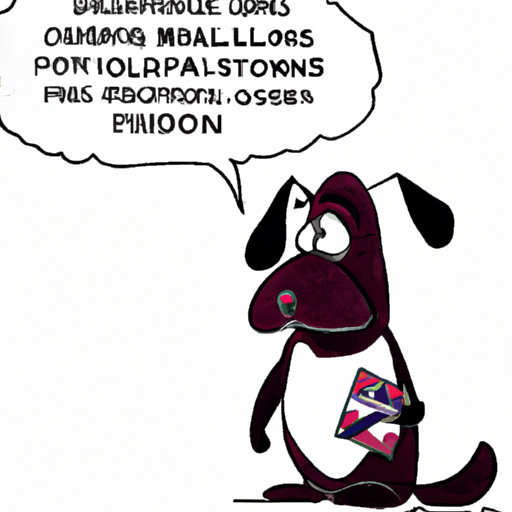As a caregiver, your primary role is to ensure the wellbeing of those under your care. When it comes to your furry friends, this responsibility is no less important. In this article, we will guide you through the types of food that, although harmless to humans, can be harmful or even fatal to dogs.
1. Chocolate and Caffeine
You may love your morning coffee or your late-night chocolate snack, but for dogs, these can be lethal. Why?
Theobromine and caffeine, two substances found in chocolate and coffee, are extremely toxic to dogs. They can cause a range of symptoms like restlessness, rapid breathing, tremors, and in severe cases, life-threatening heart abnormalities.
| Food | Substance |
|---|---|
| Chocolate | Theobromine |
| Coffee | Caffeine |
2. Grapes and Raisins
Grapes and raisins may seem like a healthy, natural treat for your dog, but they can cause serious harm. Even a small number can lead to sudden kidney failure, a condition that can be fatal if not treated immediately.
3. Onions and Garlic
Onions and garlic, and other members of the Allium family, can damage your dog’s red blood cells, leading to a condition called hemolytic anemia. Symptoms can take a few days to appear but can be severe, even fatal.
4. Sugar-Free Sweets
Many sugar-free sweets contain a substance called xylitol. This sugar substitute can cause a rapid insulin release in dogs, leading to hypoglycemia (low blood sugar levels). Signs of xylitol poisoning can occur within 15-30 minutes and include vomiting, loss of coordination, and seizures.
5. Alcohol
Finally, and perhaps most obviously, alcohol. Even small amounts of alcohol can cause significant damage to dogs, affecting their liver, brain, and other organs.
FAQs
Q: Can my dog eat any chocolate or caffeine in small amounts?
A: No, it’s best to avoid these completely.
Q: My dog ate a grape, what should I do?
A: Contact your vet immediately.
Q: Are all members of the Allium family harmful to dogs?
A: Yes, they can all cause hemolytic anemia in dogs.
Q: Is xylitol only in sugar-free sweets?
A: No, it can also be found in some peanut butters and diet foods.
Q: My dog licked some alcohol, should I be worried?
A: If it was a small amount, monitor your dog for any changes in behavior. If you’re concerned, contact your vet.
Remember, when it comes to your pet’s health, it’s always better to be safe than sorry. If you’re unsure about a certain food, consult with your vet before giving it to your dog. After all, prevention is better than cure.



